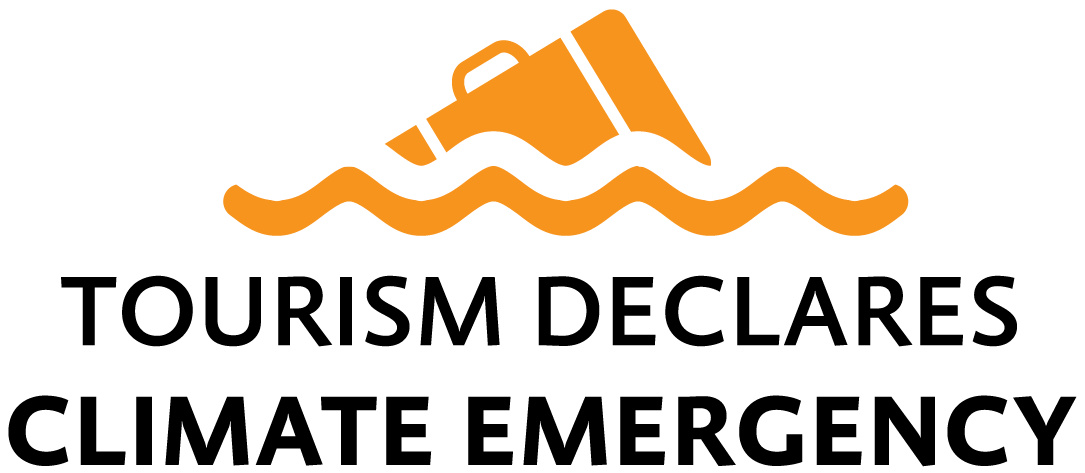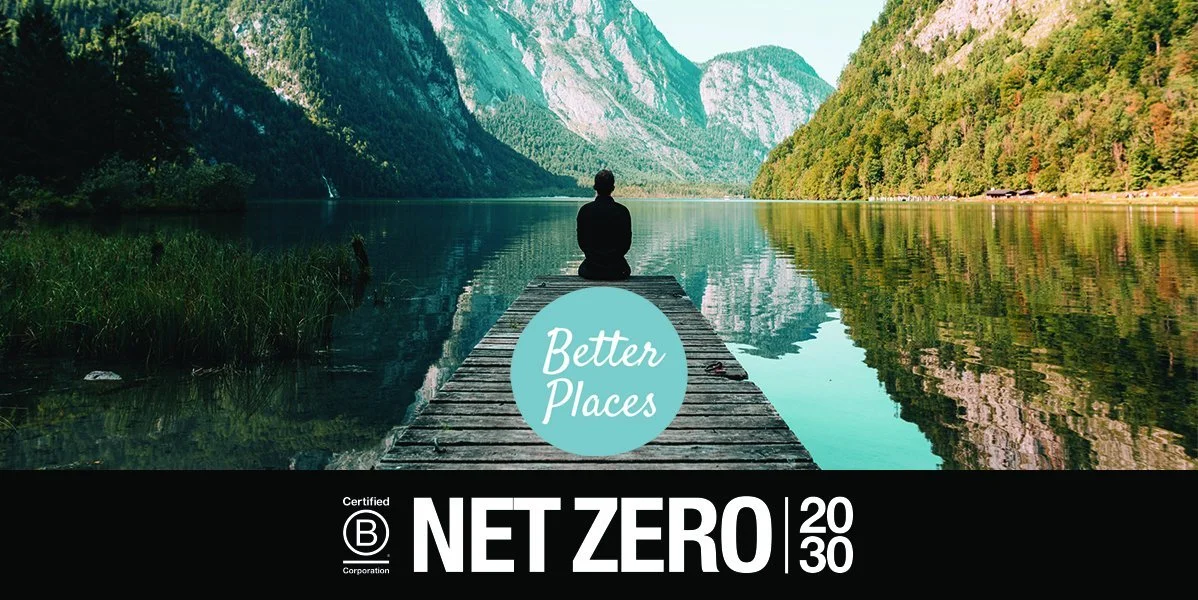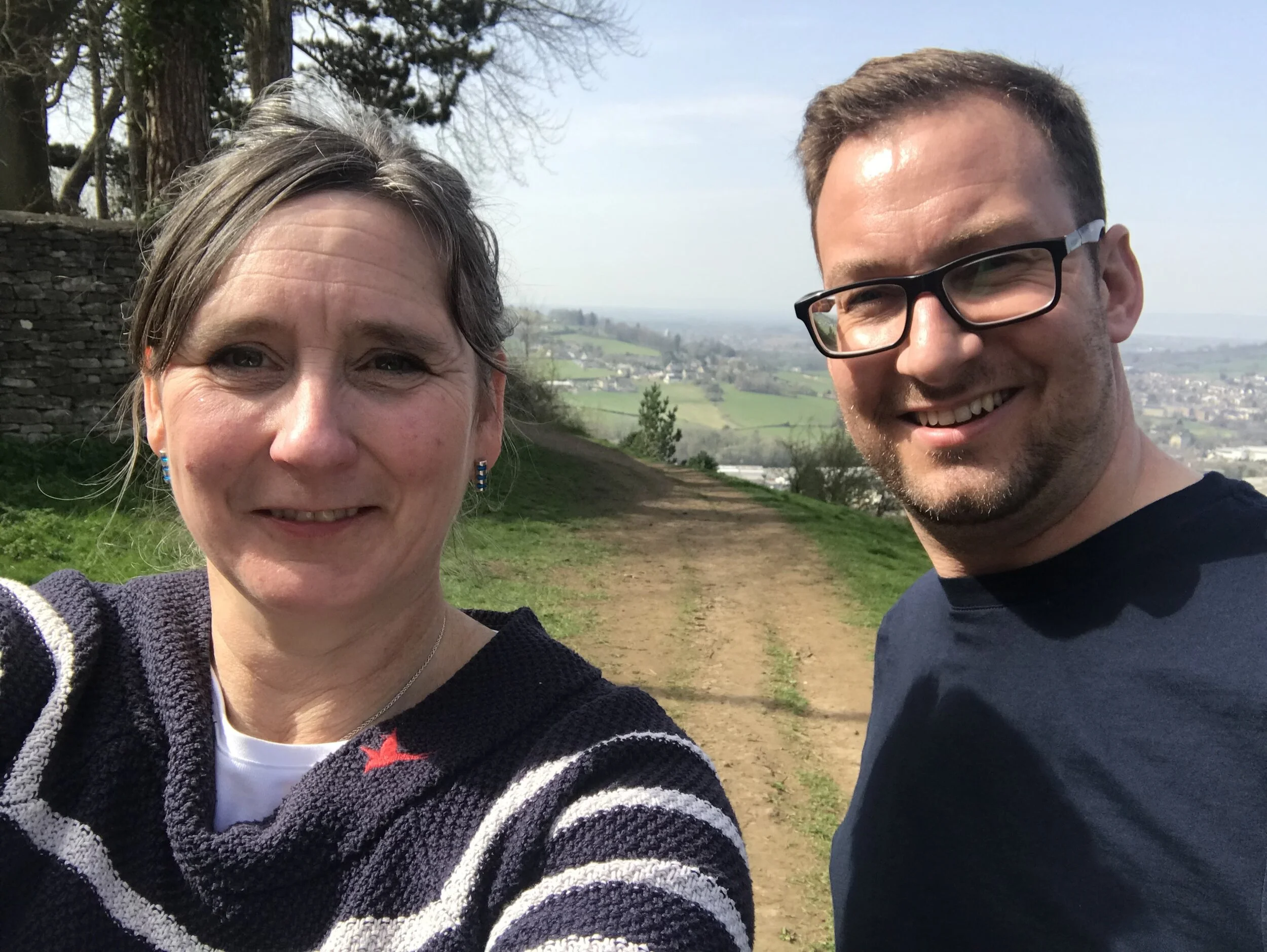Decarbonising the Travel Industry with Responsible Travel
In 2002, Responsible Travel was the first travel company to offer carbon offsets. Seven years later, it became the first to drop them and ask customers to fly less instead. Today, the company campaigns for the industry and UK government to take greater responsibility to reduce emissions, and in 2019 proposed a Green Flying Duty.
To find out more about how and why Responsible Travel has become a founding signatory of Tourism Declares, we chatted to founder and CEO, Justin Francis.
What motivated you to join Tourism Declares?
Survival. Unchecked, global heating will destroy all of our futures. To date, few sectors are responding as if their lives depend on it. In total, our industry accounts for about 8% of total CO2 emissions, but it’s far more than this in popular tourism destinations. The stats get even more shocking when you take into account that half the world’s population has never taken a flight.
We have to act together as an industry to address this, and that starts with taking personal responsibility and making our collective voices heard.
Is declaring a climate emergency still important in light of the Covid-19 crisis?
Covid-19 has been and remains devastating. It hit us quickly, and I hope it can be solved via a vaccine. Both Covid-19 and global heating will hit the poorest hardest. Worse still, there won’t be a quick fix for global heating as the problem accumulates over time as atmospheric CO2 builds up, staying in the atmosphere for decades and even centuries. This means that, unless we act soon enough, it will become impossible to ‘fix’ down the line. The type and scale of the problems global heating causes will be far worse than Covid-19.
What action has Responsible Travel taken since declaring a climate emergency?
Responsible Travel has taken the following actions:
- Completed ground-breaking research on the carbon labelling of holidays, and shared the information about the impact of food (which is often more significant than people think) with all of our suppliers.
- Added tips for customers to reduce carbon to every holiday page on our website, with flying less as a central theme.
- Worked with our suppliers to create a flight-free category on the website. We’ve also worked with suppliers to encourage train booking options for more trips.
- Written and published a low carbon travel guide for our customers.
- Called for a Green Flying Duty, to reform Air Passenger Duty ring fenced to fund R&D investment in decarbonising aviation. While actions by individuals and travel companies are vital, we also need entire system change. I’m fortunate in my position working with the UK government through the Council for Sustainable Business to be able to push for this.
“While actions by individuals and travel companies are vital, we also need entire system change.”
I chaired the aviation sector work, and we made several recommendations to Ministers on aviation, including limiting demand and carbon reporting. One of our other recommendations was the creation of a Jet Zero Council to rapidly accelerate progress towards power to liquid fuels and zero-carbon flight. This Council has been formed and the PM chaired the first meeting.
Over the past decade, the aviation sector has resisted demand limitation, and some NGOs and commentators have argued that no meaningful technical solutions are possible. We need both reduction and new technology. Having spoken to a great many fuel scientists, there are genuine and exciting possibilities for decarbonising aviation. Flying is not the problem; the problem is the fuel.
What are the main challenges you face when reducing emissions?
The three main challenges in the travel supply chain are transport, energy provision in accommodations, and food. Contrary to common presumption, transport is not always the most carbon-intensive part of a holiday — our report showed that a meat-based, mostly imported diet could contribute as significantly to emissions as transport.
What solutions are you most proud of?
The system change work with the government to accelerate the decarbonisation of aviation through the Jet Zero Council has been a significant achievement. We’re also very proud of our research towards understanding the carbon impacts of various aspects of a holiday. We hope this provides a focus for reduction strategies and a template for broader carbon labelling in tourism.
What do you think the next level of commitment looks like? What’s in the pipeline for Responsible Travel?
We have many suppliers in crisis right now, and many of them are terrific examples of responsible and low carbon tourism on the ground. We need to do what we can to help them survive.
We also need to extend our research into the CO2 impacts of our holidays to a greater variety of trips (we've started with relatively simple holidays) and to make this data widely available, as we did with our first piece of research. From this, we can make better plans.
“We can’t solve the climate crisis without solving the biodiversity crisis; they are two sides of the same coin”
We can't solve the climate crisis without solving the biodiversity crisis; they are two sides of the same coin — nature-based carbon solutions (sequestration) are an essential part of the climate plan (about 50% of CO2 from human related activities is naturally sequestered). Responsible Travel has committed to delivering a biodiversity net gain by 2030, and we're working towards plans and metrics for this. We think that our business and the tourism industry has a very positive role to play here.
I'm the biodiversity lead at the Council for Sustainable Business, and working with Ministers on plans, tool and metrics for business. I'm also part of the advisory group for the new Nature Recovery Network in England, which will create 5000-hectares of wildlife-rich habitat. There will be opportunities for UK tourism businesses to contribute to this.
Do you think it’s important that the travel industry works collaboratively on combating the climate crisis? Why?
Yes, of course. The airlines are already working together on it, but there are relatively few of them so perhaps it’s easier. Destinations are starting to make progress, mostly where we see determined leadership, and there is already some collaboration and swapping of ideas. Hotels, too. The weakest area is perhaps distributors — tour operators, agents, OTA's, holiday rentals etc. These companies don’t own the infrastructure, but they do own the customer relationship and influence the choices they make, and through this, they can influence their supply chains.
How would you like the travel industry to work better together?
The industry is vast and made up of many different entities. It tends to work in sectors — the airlines collaborate in many ways, and the prominent hoteliers all know each other, as do the cruise ship, and digital business CEO's. I think it makes sense to build on existing relationships and collaborations to develop sector commitments and plans.
What advice would you give others that are considering declaring and drawing up a climate emergency plan?
Any responsible business will worry about how they deliver any commitment they make. Some companies will have made very detailed ten-year plans measuring scope 1, 2 and 3 emissions but they are scarce. We need to act now, and setting targets is an integral part of generating momentum. So, my advice would be to get ever so slightly more comfortable about not having 100% of the answers before you commit, before working hard to firm up plans.
I think Tourism Declares is a great way to make your commitment public and help create momentum around progress towards addressing climate change in our industry. I would recommend signing up!
Find out more about Responsible Travel’s climate action here.
Find out how to sign up to Tourism Declares here.











